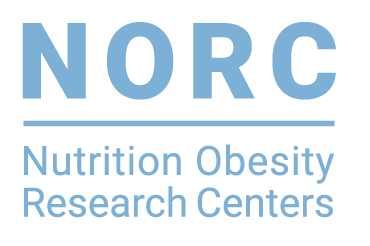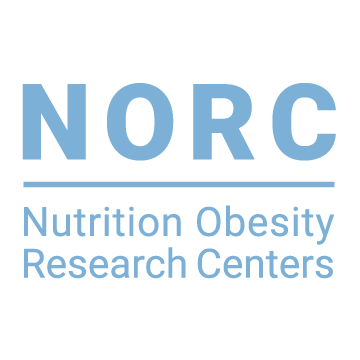New York
Organization and Goals
The New York NORC, the oldest NIH obesity research center, operates in support of $65 million per year of peer-reviewed obesity-related research. The center is a collaborative effort between Columbia University Medical Center and the Albert Einstein College of Medicine. Through closely integrated, outstanding core facilities, pilot projects, enrichment and clinical activities, the center has made major contributions to basic understanding and applied approaches to the problem of obesity.
Our main focus is to expand the knowledge base relating to the causes, complications and treatment of obesity. We achieve this through the following goals:
- Bring and hold together, under the Center’s umbrella, a “critical mass” of investigators of separately funded research projects who share a strong interest in the study of obesity-related problems
- Use funds allocated for the support of pilot and feasibility projects and for program enrichment to promote and test new research ideas, stimulate productivity, foster the development of new investigators in the field, and persuade scientists in disciplines not ordinarily concerned with obesity (eg, molecular biology, molecular genetics, biophysics) to become involved in obesity-related research problems
- Provide participating investigators of funded projects relevant to obesity research with valuable laboratory, technical, and educational services that otherwise would not be available to them, thereby improving the productivity and efficiency of their operations
- Train basic investigators, clinical investigators, postdoctoral fellows, medical students, and doctoral students in basic medical sciences and postdoctoral fellows in obesity and related eating disorders research
- Engage in enrichment activities that will inform and stimulate the scientists attached to the NY NORC to greater research productivity in the field of obesity
Core Facilities
Animal Phenotyping Core
The Animal Phenotyping Core enables investigators to efficiently and cost effectively define the phenotypes of small rodents in ways that are relevant to the study of obesity, nutrition and metabolism. The phenotyping capabilities of the Core range from whole animal measurements of body composition and energy utilization to ex vivo measurements of substrate fluxes to histologically analyses of adipose tissue. The Core also provides expertise to guide both new and experienced investigators in the selection and use of techniques to define metabolic and related phenotypes.
Human Phenotyping Core
The Human Phenotyping Core enhances and expands the research capabilities of investigators performing clinical and translational studies in human subjects related to obesity and eating disorders and their related physiological/medical phenotypes. The Core assists users with applying these tools and technologies of human metabolic, anthropometric, and behavioral phenotyping to these disorders.
Molecular Biology Molecular Genetics Core
The Molecular Biology Molecular Genetics Core assists investigators in applying the tools and technologies of molecular genetics and genomics to elucidate the molecular-genetic bases of obesity and its comorbidities.
Contact Us

Rudolph Leibel, MD
Co-Director
Professor of Pediatrics and Medicine, Columbia University
Contact Information
rl232@cumc.columbia.edu • Phone: (212) 851-5315
 Anthony Ferrante, MD, PhD
Anthony Ferrante, MD, PhD
Associate Director
Associate Professor of Medicine, Columbia University
Contact Information
awf7@cumc.columbia.edu • Phone: (212) 851-5322
 Dympna Gallagher, EdD
Dympna Gallagher, EdD
Associate Director
Professor of Nutritional Medicine, Columbia University
Contact Information
dg108@cumc.columbia.edu • Phone: (212) 342-2904
Administrative Offices
Nutrition Obesity Research Center
Columbia University
Russ Berrie Pavilion
1150 St. Nicholas Avenue, Room 620
New York, NY 10032
Yik-Wai (Annie) Tse, M.S., MPA, Center Administrator
yt2024@cumc.columbia.edu • Phone: (212) 851-5316


